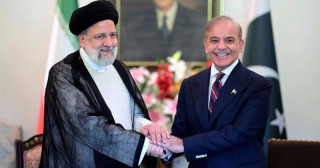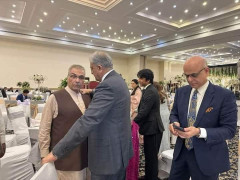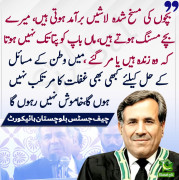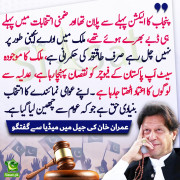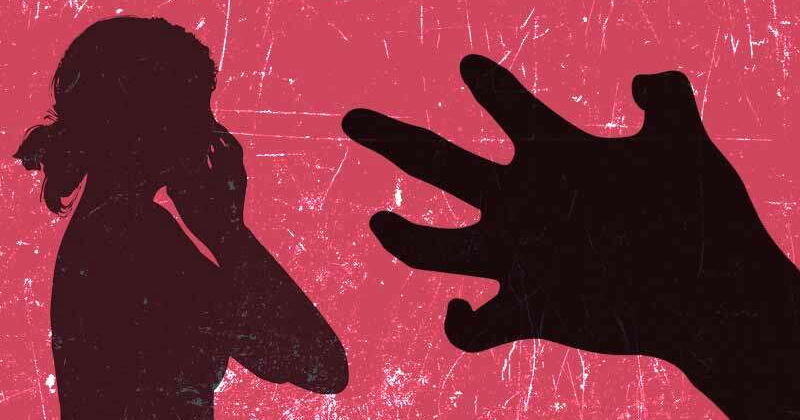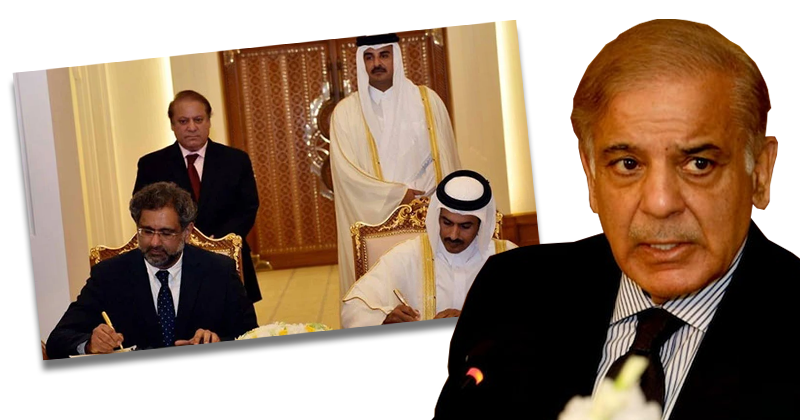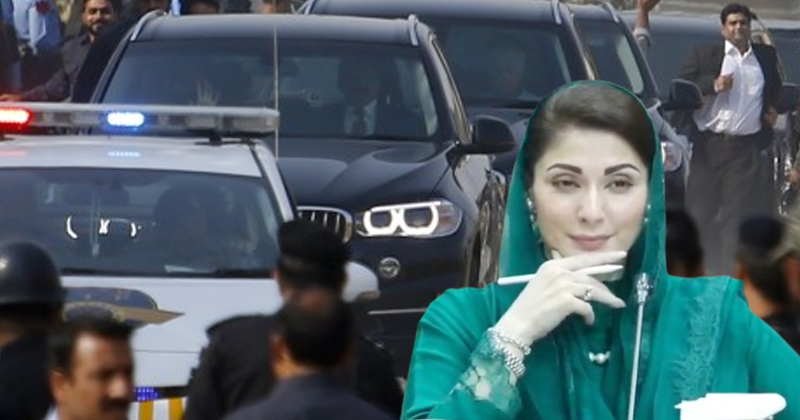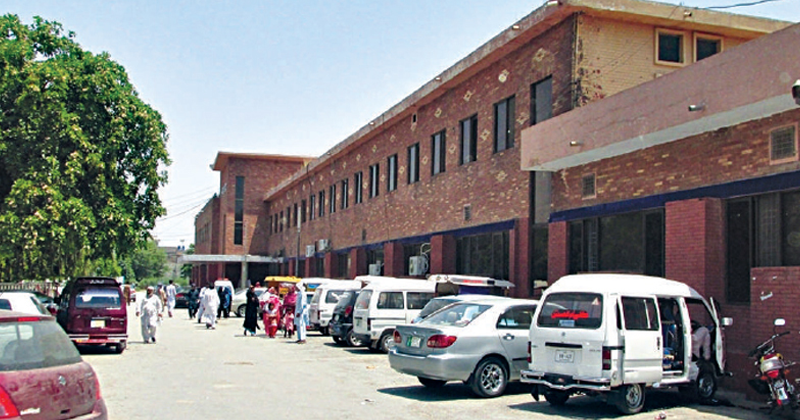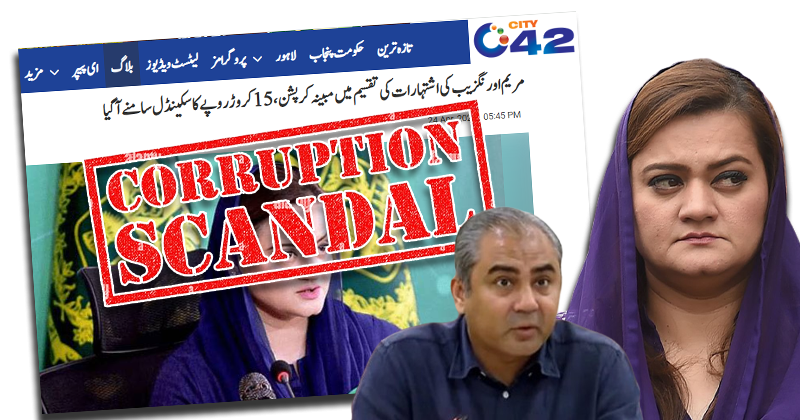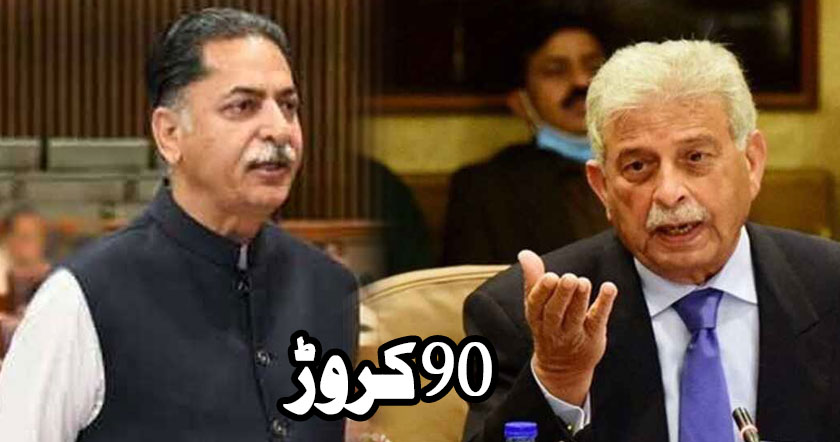Not surprisingly, many American media reports have focused on the impact of the revolution in Egypt on Israel, whose security policy is centered on the three-decade-old peace treaty between Israel and Egypt. But the country that really ought to be worried is Saudi Arabia.
Throughout the entire period of Egypts uprising, Saudi Arabia disparaged the rebels, backed ex-President Mubarak, and called for stability. No wonder. For Saudi Arabia, a reborn Egypt is their worst nightmare. Think of it like this: Imagine Saudi Arabia as a wealthy, gated community, whose lavish homes are built behind stone walls, with swimming pools and tennis courts. But next door right next door, just outside the gates is Egypt, a vast and sprawling slum, whose residents jealously catch glimpses of the kleptocrats next door as they board jets for Dubai and the French Riviera. Now you understand why Saudi Arabia might be worried.
But Egypt, the new Egypt, might turn out to be angry at Saudi Arabia, because of the kingdoms unabashed support for the fallen Mubarak. And an angry Egypt might help -- overtly, covertly or just by example to undermine the stability of the Saudi royal family. Consider some history.
For decades, Saudi Arabia has invested billions of dollars to neuter and neutralize Egypt. In the 1950s and 1960s, President Gamal Abel Nasser and his all-powerful Voice of the Arabs radio station thundered against Saudi corruption and greed. Back then, Egypt supported a group called the Free Princes who rebelled against the royal familys grip on power. And from 1962-1969 Egypt fought a proxy war against Saudi Arabia in Yemen, with Egypt backing republican rebels and the Saudis, naturally, backing the reactionaries. So, when Nasser died in 1970 and Anwar Sadat succeeded him, the Saudis moved in strongly behind Sadat, helping the upstart leader crush Egypts Nasserists, socialists, and communists. Helping Sadat was the right-wing Muslim Brotherhood, which had been suppressed by Nasser but unleashed by Sadat. Kamal Adham, the head of Saudi intelligence, who was also a business partner with Sadats corrupt wife, brought the leaders of the Brotherhood back to Egypt in 1971, and the Saudis bankrolled Sadat as he kicked out 20,000 Soviet troops, launch the 1973 Ramadan War, and used the Brotherhood to smash the left on campuses and in Egypts professional societies.
But now that Egypt is flexing its muscles, the Saudis are panicking.
For Arab nationalists, the story is always the same: Arab countries with populations, but no oil such as Egypt, Syria, and Jordan must join with Arab countries with oil but no people, such as Saudi Arabia, Kuwait, and the UAE. Coupling the Gulf states resources with the intellectual capital of Cairo, Damascus, and the Palestinians is the quickest way to progress for the Arabs. But then United States, and earlier, for the UK, helping the gated communities of the Gulf stave off the demands of their poorer cousins has been a central plank of Western foreign policy since the Cold War.
Things may be changing.
As the New York Times reported last week, It was no coincidence that the most outspoken proponents of Mr. Mubaraks rule were Israel and Saudi Arabia who, with Egypt, formed the spine of American dominance in the region. During the crisis, U.S. officials received daily calls from Israel, Saudi Arabia and others who feared an Egypt without Mr. Mubarak would destabilize the entire region. Whenever they got the chance, the Saudis told the United States to avoid undermining Mubarak.
The Saudis fumed and raged and protested. When rumors surfaced that the United States might cut off its military aid to Egypt, amounting to about $1.3 billion a year, Saudi Arabia told President Obama that it would step in and replace U.S. cash without blinking, and the ailing king of Saudi Arabia, King Abdullah, reportedly told Obama so directly in a testy January 29 phone call.
The Saudis didnt hide their anger at the United States. Prince Saud, the foreign minister, openly blasted the flagrant interference of some countries, meaning the United States, in Egypts crisis, in what the Wall Street Journal said was interpreted as a rare attack on U.S. policy. King Abdullah, mad as hell, vilified the protesters, saying some infiltrators, in the name of freedom of expression, have infiltrated into the brotherly people of Egypt, to destabilize its security and stability. And Prince Saud elaborated with another direct attack on Obamas support for the revolution: We are astonished at what we see as interference in the internal affairs of Egypt by some countries. We are shocked to see that there are countries pre-empting even the will of the Egyptian people. By countries, of course, Saud meant the United States.
There are early signs of unrest in Saudi Arabia, too, though it is far from clear that conditions in the kingdom are conducive to a revolt along the lines of Tunisias or Egypts. Still, as Steven Stills might say, Somethins happenin here. On January 28, about 50 Saudis held a brief protest in Jeddah, and on February 7, some 50 women demonstrated outside the ministry of the interior to protest detentions of male relatives, while ten professors, businessmen, and religious scholars petitioned to create a moderate Islamist political party. According to Reuters, the founders of the proto-political party said, in a letter to King Abdullah: You know well what big political development and improvement of freedom and human rights is currently happening in the Islamic world. It's time to bring this development to the kingdom. One of the signers of the letter, lawyer Abdul-Aziz al-Wahhabi, said: You cannot just have the royal party governing the country. We want to raise this issue with government officials and persuade them.
Social networking sites are buzzing in Saudi Arabia. Anwar Eshki, the director of the Middle East Institute for Strategic Studies in Jeddah, Saudi Arabia, said: The Arab leaders are in a race against time: either they quickly adopt liberal changes, or they suffer the same fate as (the leaders) of Tunisia and Egypt.
Time will tell.
On Friday, at a conference sponsored by the New America Foundation, I asked Shibly Telhami if Saudi Arabia ought to be worried about an angry Egypt. "Every single government in the Arab world is nervous," he said. He suggested that Saudi Arabia will try to manage the Egyptian revolt. "Their first attempt will be to coopt it. That's how they deal with uncertainties. They're shocked, and surprised, and they're reassessing."
It remains to be seen, of course, if the Egyptians want to be coopted.
Meaning of COOPED
co-opted, co-opting, co-opts 1. To elect as a fellow member of a group.
2. To appoint summarily.
3. To take or assume for one's own use; appropriate: co-opted the criticism by embracing it.
4. To neutralize or win over<<<<< best answer
Throughout the entire period of Egypts uprising, Saudi Arabia disparaged the rebels, backed ex-President Mubarak, and called for stability. No wonder. For Saudi Arabia, a reborn Egypt is their worst nightmare. Think of it like this: Imagine Saudi Arabia as a wealthy, gated community, whose lavish homes are built behind stone walls, with swimming pools and tennis courts. But next door right next door, just outside the gates is Egypt, a vast and sprawling slum, whose residents jealously catch glimpses of the kleptocrats next door as they board jets for Dubai and the French Riviera. Now you understand why Saudi Arabia might be worried.
But Egypt, the new Egypt, might turn out to be angry at Saudi Arabia, because of the kingdoms unabashed support for the fallen Mubarak. And an angry Egypt might help -- overtly, covertly or just by example to undermine the stability of the Saudi royal family. Consider some history.
For decades, Saudi Arabia has invested billions of dollars to neuter and neutralize Egypt. In the 1950s and 1960s, President Gamal Abel Nasser and his all-powerful Voice of the Arabs radio station thundered against Saudi corruption and greed. Back then, Egypt supported a group called the Free Princes who rebelled against the royal familys grip on power. And from 1962-1969 Egypt fought a proxy war against Saudi Arabia in Yemen, with Egypt backing republican rebels and the Saudis, naturally, backing the reactionaries. So, when Nasser died in 1970 and Anwar Sadat succeeded him, the Saudis moved in strongly behind Sadat, helping the upstart leader crush Egypts Nasserists, socialists, and communists. Helping Sadat was the right-wing Muslim Brotherhood, which had been suppressed by Nasser but unleashed by Sadat. Kamal Adham, the head of Saudi intelligence, who was also a business partner with Sadats corrupt wife, brought the leaders of the Brotherhood back to Egypt in 1971, and the Saudis bankrolled Sadat as he kicked out 20,000 Soviet troops, launch the 1973 Ramadan War, and used the Brotherhood to smash the left on campuses and in Egypts professional societies.
But now that Egypt is flexing its muscles, the Saudis are panicking.
For Arab nationalists, the story is always the same: Arab countries with populations, but no oil such as Egypt, Syria, and Jordan must join with Arab countries with oil but no people, such as Saudi Arabia, Kuwait, and the UAE. Coupling the Gulf states resources with the intellectual capital of Cairo, Damascus, and the Palestinians is the quickest way to progress for the Arabs. But then United States, and earlier, for the UK, helping the gated communities of the Gulf stave off the demands of their poorer cousins has been a central plank of Western foreign policy since the Cold War.
Things may be changing.
As the New York Times reported last week, It was no coincidence that the most outspoken proponents of Mr. Mubaraks rule were Israel and Saudi Arabia who, with Egypt, formed the spine of American dominance in the region. During the crisis, U.S. officials received daily calls from Israel, Saudi Arabia and others who feared an Egypt without Mr. Mubarak would destabilize the entire region. Whenever they got the chance, the Saudis told the United States to avoid undermining Mubarak.
The Saudis fumed and raged and protested. When rumors surfaced that the United States might cut off its military aid to Egypt, amounting to about $1.3 billion a year, Saudi Arabia told President Obama that it would step in and replace U.S. cash without blinking, and the ailing king of Saudi Arabia, King Abdullah, reportedly told Obama so directly in a testy January 29 phone call.
The Saudis didnt hide their anger at the United States. Prince Saud, the foreign minister, openly blasted the flagrant interference of some countries, meaning the United States, in Egypts crisis, in what the Wall Street Journal said was interpreted as a rare attack on U.S. policy. King Abdullah, mad as hell, vilified the protesters, saying some infiltrators, in the name of freedom of expression, have infiltrated into the brotherly people of Egypt, to destabilize its security and stability. And Prince Saud elaborated with another direct attack on Obamas support for the revolution: We are astonished at what we see as interference in the internal affairs of Egypt by some countries. We are shocked to see that there are countries pre-empting even the will of the Egyptian people. By countries, of course, Saud meant the United States.
There are early signs of unrest in Saudi Arabia, too, though it is far from clear that conditions in the kingdom are conducive to a revolt along the lines of Tunisias or Egypts. Still, as Steven Stills might say, Somethins happenin here. On January 28, about 50 Saudis held a brief protest in Jeddah, and on February 7, some 50 women demonstrated outside the ministry of the interior to protest detentions of male relatives, while ten professors, businessmen, and religious scholars petitioned to create a moderate Islamist political party. According to Reuters, the founders of the proto-political party said, in a letter to King Abdullah: You know well what big political development and improvement of freedom and human rights is currently happening in the Islamic world. It's time to bring this development to the kingdom. One of the signers of the letter, lawyer Abdul-Aziz al-Wahhabi, said: You cannot just have the royal party governing the country. We want to raise this issue with government officials and persuade them.
Social networking sites are buzzing in Saudi Arabia. Anwar Eshki, the director of the Middle East Institute for Strategic Studies in Jeddah, Saudi Arabia, said: The Arab leaders are in a race against time: either they quickly adopt liberal changes, or they suffer the same fate as (the leaders) of Tunisia and Egypt.
Time will tell.
On Friday, at a conference sponsored by the New America Foundation, I asked Shibly Telhami if Saudi Arabia ought to be worried about an angry Egypt. "Every single government in the Arab world is nervous," he said. He suggested that Saudi Arabia will try to manage the Egyptian revolt. "Their first attempt will be to coopt it. That's how they deal with uncertainties. They're shocked, and surprised, and they're reassessing."
It remains to be seen, of course, if the Egyptians want to be coopted.
Meaning of COOPED
co-opted, co-opting, co-opts 1. To elect as a fellow member of a group.
2. To appoint summarily.
3. To take or assume for one's own use; appropriate: co-opted the criticism by embracing it.
4. To neutralize or win over<<<<< best answer




